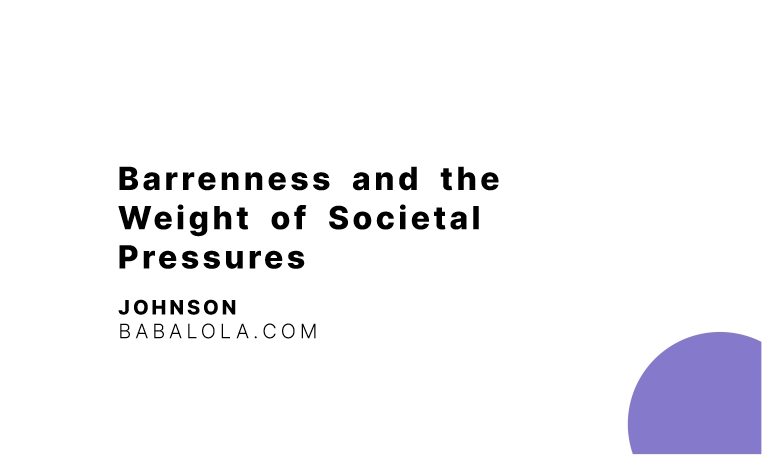The Culture of Excessive Greetings

Certain greetings carry a predictable pattern, often leading to a subsequent request. This becomes evident when dealing with individuals who rarely initiate contact, reserving their communication for moments of need. The exchange typically follows a familiar script:
“Good morning, sir.”
“Good morning.”
“How is the family, sir?”
“Family is good.”
“How is madam?”
“She is good.”
“How are the children?”
“They are well, thank you.”
“How is work, sir?”
“Very well, thank you.”
“Hope your health is good, sir.”
“Very good, thank you.”
“How is the weather over there, sir?”
“Very good, thank you.”
“Hope you are hearing from home, sir.”
“Yes, I am.”
“And hope everyone is okay, sir.”
“Yes, they are. Thanks for asking.”
“Well done, sir.”
“Thank you.”
“And may God bless you, sir.”
“And you too.”
“Sir, I know I have not called you for a while. I hope you are not annoyed with me.”
“Not at all.”
“It has been tough here, sir.”
“And here too.”
“But I know you are doing well too.”
“Thank you.”
“In fact, your children are out of school.”
“My children?”
“Sorry, sir. I meant my children, sir.”
“I am sorry to learn that.”
“Thank you, sir. It is their school fees. We are unable to pay.”
“I am sorry to learn that.”
“So, sir, whatever you can support us with.”
“Unfortunately, I am not in a position to support at this time.”
“God will provide, sir.”
“Amen.”
“I will call back again next week.”
“Okay.”
“I need the number for Uncle KK, sir.”
“You don’t have his number?”
“I lost my phone and his number, sir.”
“Who is Uncle KK to you?”
“Sir, you know. He is my mother’s brother like you.”
“When was the last time you spoke with him?”
“Three years ago, sir.”
“When he sent you money for your child’s medical care?”
“Yes, sir.”
“And since then, you never checked on him whether he was doing well or not?”
“No, sir.”
“When was the last time you called to check on me?”
“Last year Christmas, sir.”
“When you needed money for the festivities.”
“Yes, sir, but I am sorry, sir. It has been very busy for me, sir. Just trying to make ends meet.”
“I see. But I see your pictures on WhatsApp daily in different expensive clothes at different parties.”
“I usually do that to support my friends, sir.”
“Interesting. Hopefully, your friends will support you now.”
“They said they have no money, sir.”
“I regret hearing about that. My thoughts and prayers are with you. May God guide you to wisely manage your resources, prioritize the important aspects of life, carefully select your friends, and cultivate genuine relationships that are built on mutual investment rather than taking advantage of others. Amen.”
“I am sorry, sir. I will do better.”
“Hopefully. Greetings to your family.”
Johnson Babalola, a Canada and Nigeria based lawyer, leadership consultant, storyteller and corporate emcee, is a public affairs analyst. Follow him for discussions on real life issues that affect us all.
You can obtain a copy of his newly released book, REJECTED on Amazon, FriesenPress, Barnes & Noble, Kobo, Google Play, Apple Books, Nook Store etc.



